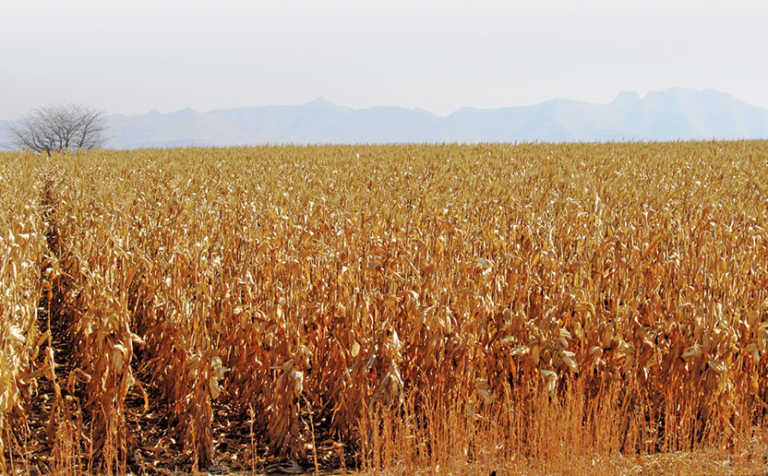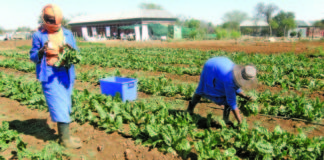
However, the probability had declined since the previous South African Weather Service’s (Weather SA) seasonal climate watch.
Should an El Niño occur, it would most likely happen in the latter part of 2017.
An El Niño event is usually, but not exclusively, associated with drier summer-rainfall conditions.
This was according to Cobus Olivier, prediction scientist at Weather SA. Olivier said in a statement that the initial prospects of above average rainfall for the winter rainfall regions of SA had also waned.
He added that the winter seasonal outlook for South Africa, in general, remained unsure. However, temperature forecasts indicated warmer conditions for most parts of the country during mid- and late-winter.
However, temperature forecasts indicated warmer conditions for most parts of the country during mid- and late-winter.
He also said that the El Niño Southern Oscillation was gradually making its way from a cool to warm phase.
It was expected to remain within the neutral phase for the first half of 2017. The Indian Ocean Dipole (IOD) showed a slow evolution towards a positive phase of the tropical IOD for spring 2017.
This could indicate favourable rainfall for the Equatorial East African region for that period. The conditions over the south-west Indian Ocean were more important for South Africa’s climate. Depending on the south-western Indian Ocean conditions during spring this year, above-normal rainfall could occur over the east coast of South Africa.
Depending on the south-western Indian Ocean conditions during spring this year, above-normal rainfall could occur over the east coast of South Africa.











